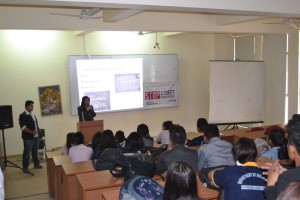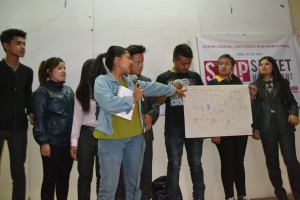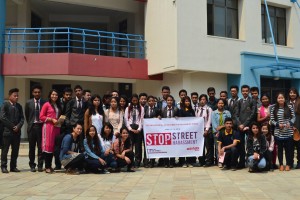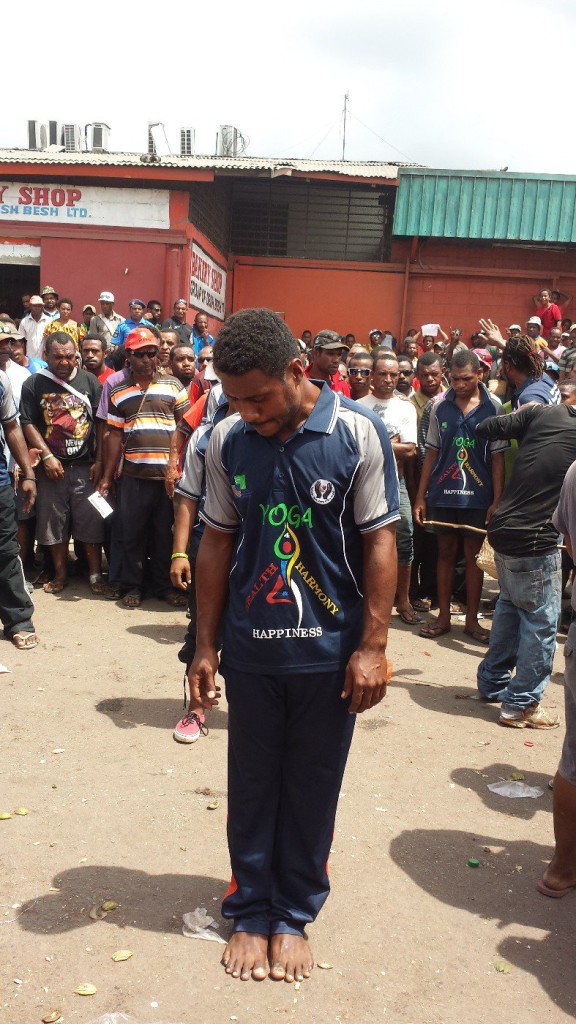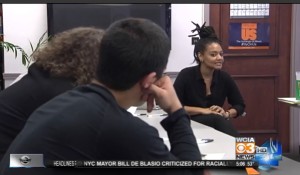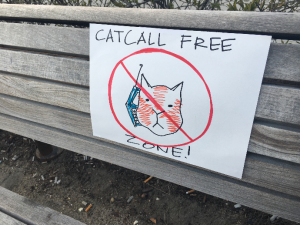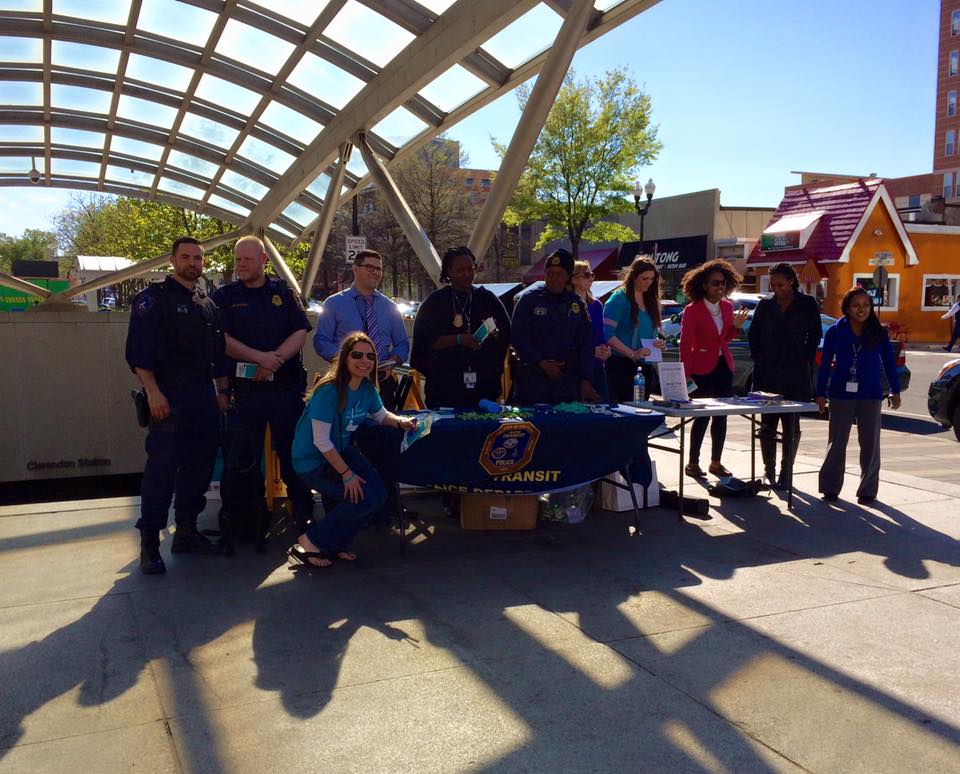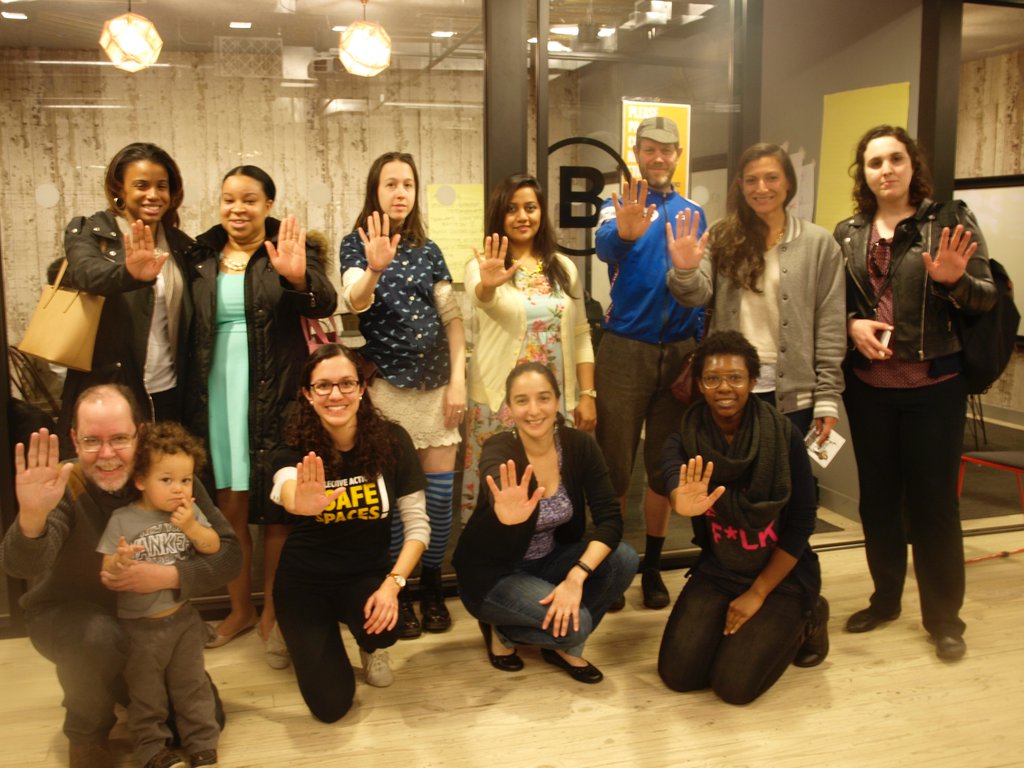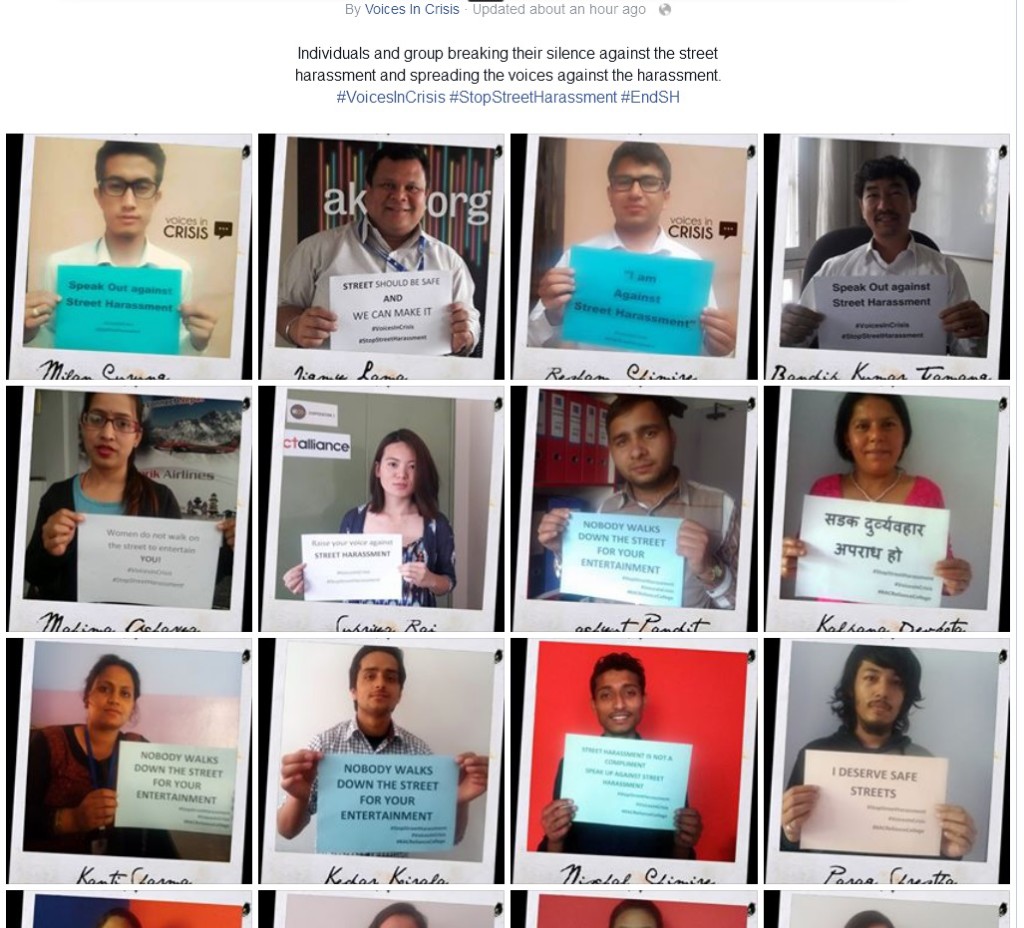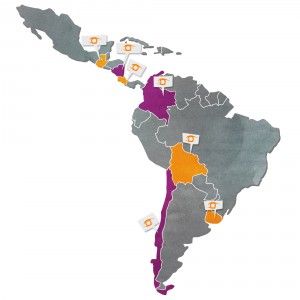 The following was provided by OCAC Chile.
The following was provided by OCAC Chile.
En el marco de la Semana Internacional Contra el Acoso Callejero, Latinoamérica se une por primera vez para lanzar una campaña de alcance regional contra el acoso sexual en espacios públicos. La campaña #NoEsMiCultura es organizada por la red de Observatorios Contra el Acoso Callejero (OCAC) de Bolivia, Chile, Colombia, Costa Rica, Guatemala, Nicaragua y Uruguay. Su objetivo es concientizar y visibilizar el acoso callejero como un problema que se sufre en todo el continente.
Durante la Semana Internacional Contra el Acoso Callejero, las sedes de OCAC Latinoamérica realizarán actividades para educar, sensibilizar y erradicar la idea que el acoso sexual en espacios públicos es parte de un folclore y típico de los países. La idea es transmitir que, más bien, es un problema transversal. Esta premisa se difunde en un video y en contenido en las redes sociales de la red de Observatorios.
“Queremos que en cada país se deje de justificar el acoso callejero como parte de la cultura local, queremos que se sepa que el acoso sexual callejero es un problema global y que nos afecta como región. Sabemos que nuestras voces unidas tienen más fuerza, por eso trabajamos articuladas para aprender unas de las experiencas de las otras. Hacemos entre los OCAC y también buscamos hacer redes con otras ONGs a nivel internacional”, señaló Alice Junqueira, Directora de Articulación Internacional de OCAC Chile.
Además de esta primera acción conjunta, en los últimos meses, cada Observatorio ha realizado acciones a nivel local. Junqueira destaca el proyecto de Ley contra el acoso callejero aprobado por la cámara de diputados en Chile, la campaña entre Action Aid y OCAC Nicaragua, la caja de herramientas que prepara OCAC Colombia, los talleres municipales de OCAC Uruguay, la articulación por una ley contra el acoso callejero de OCAC Costa Rica y los videos de sensibilización de OCAC Bolivia y OCAC Guatemala.
In English
In the context of the International Anti-Harassment Week, Latin America joined forced to launch the first regional campaign against sexual harassment in public places. #NoEsMiCultura [#NotMyCulture] is a campaign organized by the Observatories Against Street Harassment (OCAC, in Spanish) of Bolivia, Chile, Colombia, Costa Rica, Guatemala, Nicaragua and Uruguay. Its aim is to raise awareness and make street harassment visible as a problem in the whole continent.
During the International Anti-Harassment Week, the six OCAC branches developed activities to educate, create awareness and eradicate the idea of sexual harassment in public places as part of folklore or as a typical expression of each country. The idea is to communicate that street harassment is a transversal problem.
“We want each country to stop justifying street harassment as part of their local culture. We want the people to know that street harassment is a global problem that affect us as a region. We know that our voices together are stronger, so we work organized to learn from each other’s experiences. We do that as OCAC Latin America and with other NGOs all around the world.” said Alice Junqueira, International Coordinator from OCAC Chile.
Additionally to this first joint action, in the last months, each Observatory has done initiatives in a local level. Junqueira highlights the bill “Respeto Callejero” [Street Respect] against street harassment in Chile, the local campaign between Action Aid and OCAC Nicaragua, the tool box that OCAC Colombia is preparing, the municipal workshops held by OCAC Uruguay, OCAC Costa Rica’s activism for a bill against street harassment in the country, and the videos to raise awareness by OCAC Bolivia and OCAC Guatemala.

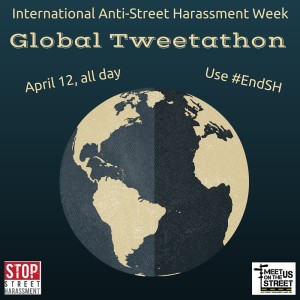 Hello Day 3!
Hello Day 3!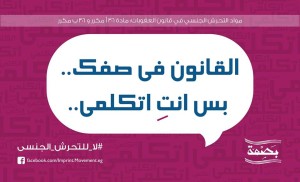 “The law is on your side, speak up”
“The law is on your side, speak up”